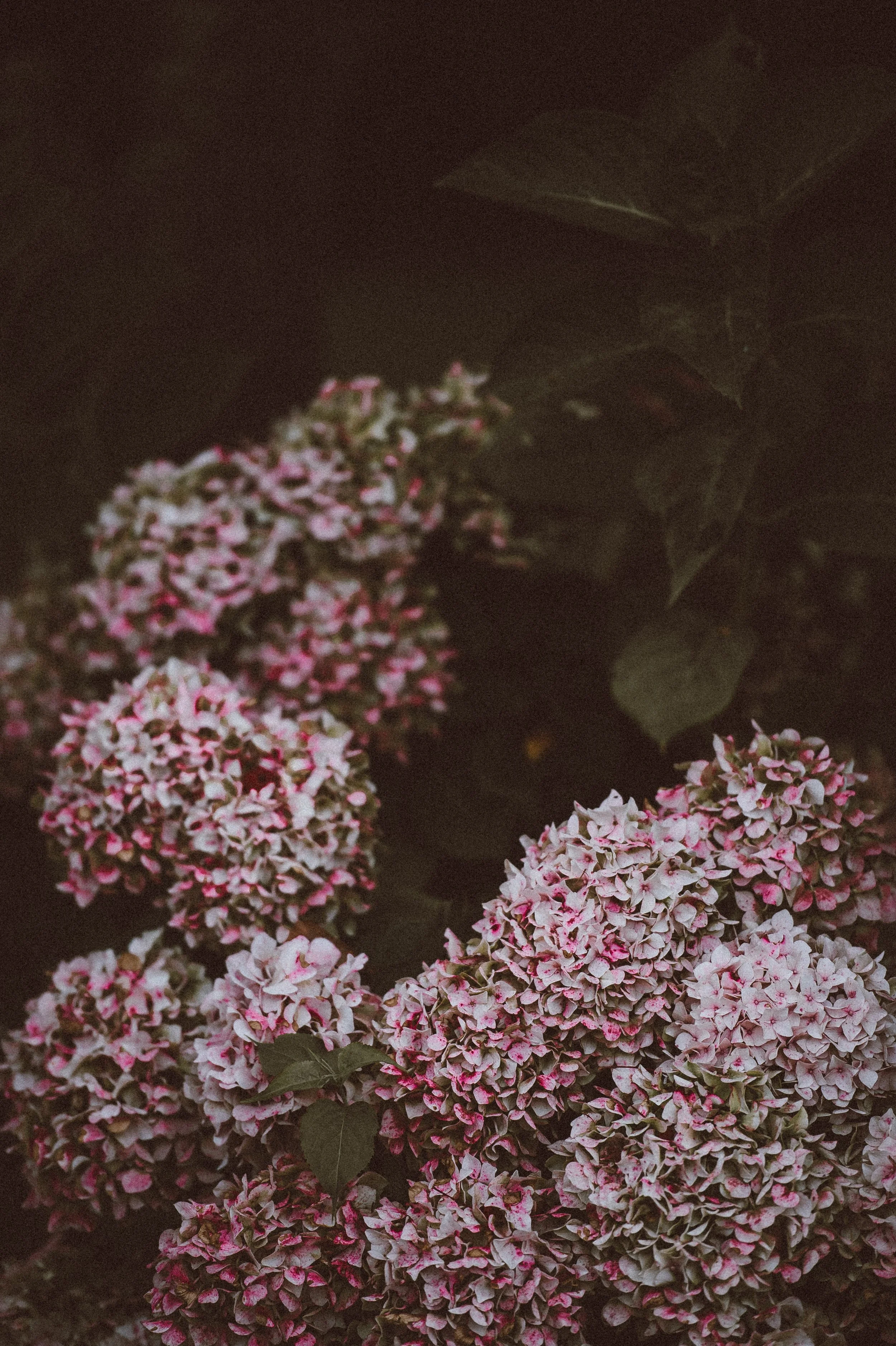BY JEANNINE M. PITAS
June 24
Feast of St. John the Baptist
Today my head has been removed,
traded for a jug of wine, a pluck
of the lyre, a young girl's careless
dance. In Orthodox icons I hold
myself on a platter; faithful ones
bend forward to kiss. I never knew
this was the price of living
on locusts and wild honey, for preparing
my cousin the carpenter's way. Today the light
begins its slow death; I know
I will rise again. In two thousand years, a girl
who bears my name will dance
around a bonfire, surrounded by old men and women,
tiniest children, dancers on stilts, young
girls in white dresses with ivy crowns.
She will whirl and whirl, dizzyingly dance,
exalting in her own beauty.
The price will be her head.
A man she thought she loved
will smash her into a wall
and her head will fall off.
She will pick it up, carry it in
a backpack or purse while a replacement
is painted over the space. Years later, again
on my day, she will sit on a bench on Aliki Peninsula
beside the marble ruins of a basilica
made in my cousin's name.
She will look at the columns and archways, watch
summer's highest, brightest light fall
on the olive trees. I will come to her,
take her hand. When I wipe away
the painted face, she will open
her purse and hold out to me
the torn head she still holds. My cousin
will come to help me. We will lift it,
place it on her shoulders, suture that wound
as all the scarved women
lighting candles before Orthodox icons
have done for me. We will help her
to her feet, beckon her to join us
in our search for others
who've lost their heads.
Wings of Desire
An angel whispers to readers in the library.
He's tired of everyone wanting something different.
A trapeze artist dressed like an angel
doesn't know that real angels are wingless.
I wait for my photo at the machine
and emerge with another face.
This is the world of one-shoed walkers
who shade themselves with borrowed umbrellas,
sign their names with dropped pens,
open doors with lost keys.
Stones come alive. Time can't heal.
No, time's the illness.
The first strands of grey hair. An old photo album.
The lost storyteller, lost peace.
The blue ocean, sky. Afternoon coffees.
Cuban cigars. Dragons. The bed.
The world that shrinks to the size of a room.
The choir of young women who come to sing.
The grass tall enough to hide
or make love in.
The deep river you didn't find hard to cross
because your beloved was waiting on the other side.
An immortal singer turned organ grinder,
ignored or mocked.
Abandoned railroad tracks. The other side.
The crucifix hanging from the classroom wall.
The plaid uniform your grandmother starched.
The borders. The country with as many states
as there are citizens. Rags pledged to each morning,
folded each afternoon. Shibboleths.
Barbed wire. Private security guards.
The world in color. Sunsets, lonely rooms.
Cherry cough drops. A nurse's kind face.
Your bed. The lamp turned off.
Panic
I met Pan when I was 21. It's said he, god of shepherds, can be found in mountain fields, but I encountered him on my college campus, in a hidden quad behind a stone building with icicles dangling from the roof, tiny daggers. It was winter. He came alone. He struck me with his staff and gave me altitude; my insides crumpled like autumn's last falling leaf, shriveled as a sheet of ice hit my shoulder. I lay there. The snow shone gold; the treetops blazed, but no voice emerged from within them, no all-important “I am.” Just the opposite: “I am not.” This is not me. I shook and saw a strange aura around myself, a halo of gold and green. Rats and mice nipped my toes; the ground opened to reveal sharp rocks waiting to tear me into sinews and blood. Beneath them a blue sea waited to caress me and not let me go, beauty and terror both much too close. At last he turned away. It took a few minutes to trust he wouldn't be back. The mountain flattened; the blazing trees regained their green. In the distance I heard the bells of sheep, their gentle bleating. A blue sky entered my insides. I stood; I could feel the halo still around me. I could still smell the aroma of meadows after winter's melting, of soft trilliums drinking the sun between the branches of skeletal trees; I could taste the first mint leaves. Lush pastures rolled through my stomach; my heart broke into cumulus clouds; pink mimosa flowers sprung from my hands. My lungs were filled with the blueness of early spring.
Jeannine M. Pitas is a poet, teacher, and Spanish-English literary translator. Originally from Buffalo, New York, she has called many places home: Montevideo, Krakow, Managua, Toronto, and most recently Dubuque, Iowa, where she has resided since 2015. She is the author of three poetry chapbooks: Our Lady of the Snow Angels (2012) and A Place to Go (2015), both published by Lyricalmyrical Press in Toronto, and thank you for dreaming (2018), published by Lummox Press in 2018. Her translation for four books by acclaimed Uruguayan poet Marosa di Giorgio was published as I Remember Nightfall by Ugly Duckling Presse and shortlisted for the 2018 National Translation Award. Her first full-length collection of poetry, Things Seen and Unseen, is forthcoming from Oakville, Ontario-based Mosaic Press. She teaches literature, writing, and Spanish at the University of Dubuque.































